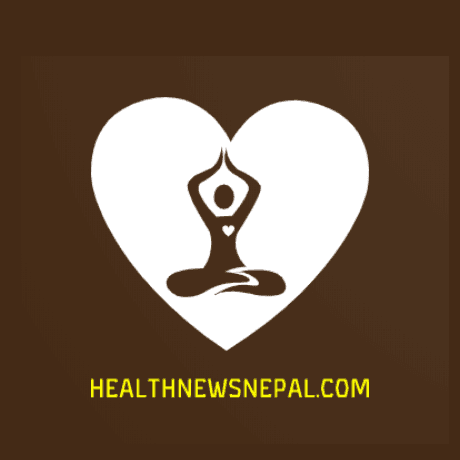Kathmandu, May 30, 2024
The AIDS Healthcare Foundation (AHF) has made this appeal through the ‘Save Our Society (हाम्रो समाज बचाऊ)’ campaign, demanding that the pandemic agreement should ensure equitable access for all nations.
In Kathmandu, an interaction was held with journalists regarding the pandemic agreement, where information about the advocacy was shared.
Previously, this campaign had promoted the slogan ‘Save Our Soul (हाम्रो आत्मा बचाऊ)’. Established in 1987 in the United States, AHF started by providing hospice home care for AIDS patients and has since been supporting access to treatment for HIV-infected individuals worldwide.
The campaign has called for an end to the shortcomings in the current pandemic agreement and emphasized the need for an agreement that ensures equitable access among member nations of the World Health Organization (WHO) in the future. “We want to address the horrific inequality experienced during the COVID-19 pandemic,” said Divyaraj Joshi, the country program manager for AHF Nepal.
Joshi recalled that during the COVID-19 pandemic, high-income countries had access to resources and services, while low-income countries had to endure significant losses waiting for services.
Highlighting the past experience where only 20% of pandemic resources were allocated for countries with 85% of the world’s population living in low, lower-middle, and middle-income countries, the campaign stressed the need for equitable access for all nations.
“Unequal distribution during the pandemic caused significant harm to low and middle-income countries,” said program manager Joshi.
Similarly, Dr. Dipendra Raman Singh, Additional Secretary of the Ministry of Health and Population, stated that one of the 17 sustainable development goals is to reduce the global gap in poverty and health, which cannot be achieved without equitable access in the pandemic agreement. “Humans cannot be healthy without health, income, and education,” he said.
“Many people lost their lives due to the lack of oxygen and vaccines,” he added. Dr. Singh noted that the current situation, where a pandemic in any part of the world can easily spread to another, necessitates a collective response by all nations. “People travel daily from one country to another, which causes the pandemic to spread everywhere,” he said.
The foundation expressed its concern that low-income countries should not suffer as they did during COVID-19 in any future pandemic. Since 2021, there has been a push for change towards public health equality. Although European and other developed countries have collaborated during this time, some of their selfish manufacturing companies and major economies have caused additional concerns, said Joshi.
AHF has pointed out that due to the unwillingness of some nations to adhere to the WHO’s principle of equality, the principle’s implementation appears limited to paper.
Article 12 of the Pandemic Access and Benefit-Sharing (PABSON) regulation outlines some mandatory commitments that member states need to timely produce biological and genetic materials and data. This process is considered essential for detecting pandemics, producing vaccines, and providing therapeutic services.
Article 12 of PABSON also advocates for equal access and rights to health materials for all countries, calling for initiatives to ensure global health security before another pandemic occurs.
The ‘Save Our Society (हाम्रो समाज बचाऊ)’ campaign has appealed that if Article 12 of PABSON is implemented, it will end the current unequal access and ensure the right to survive and save lives for all communities. Established in 1987 in the United States, AHF has been advocating for access to public health security for everyone during any pandemic in recent years.














